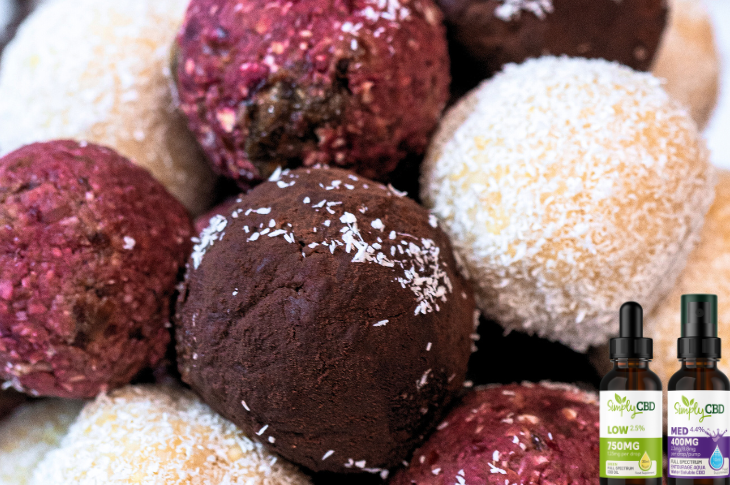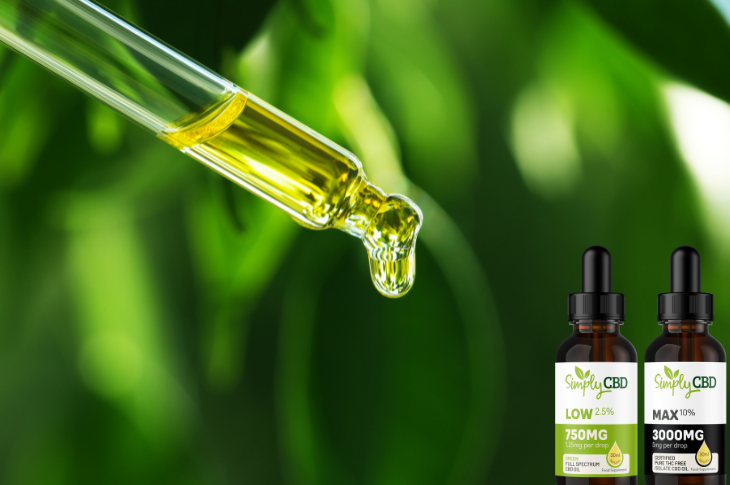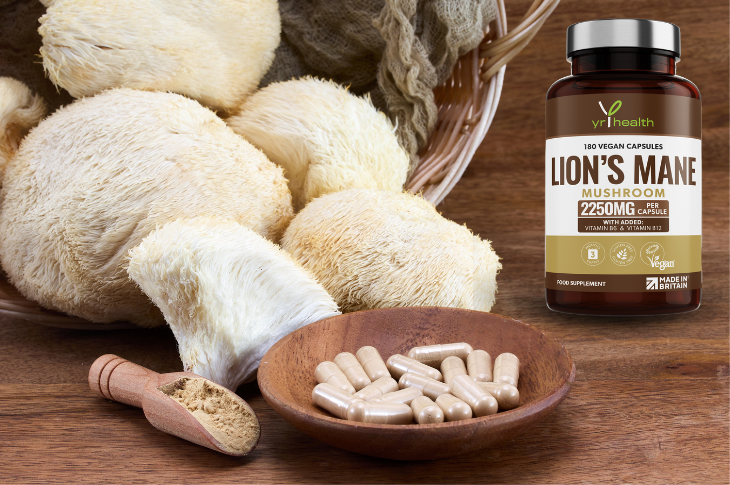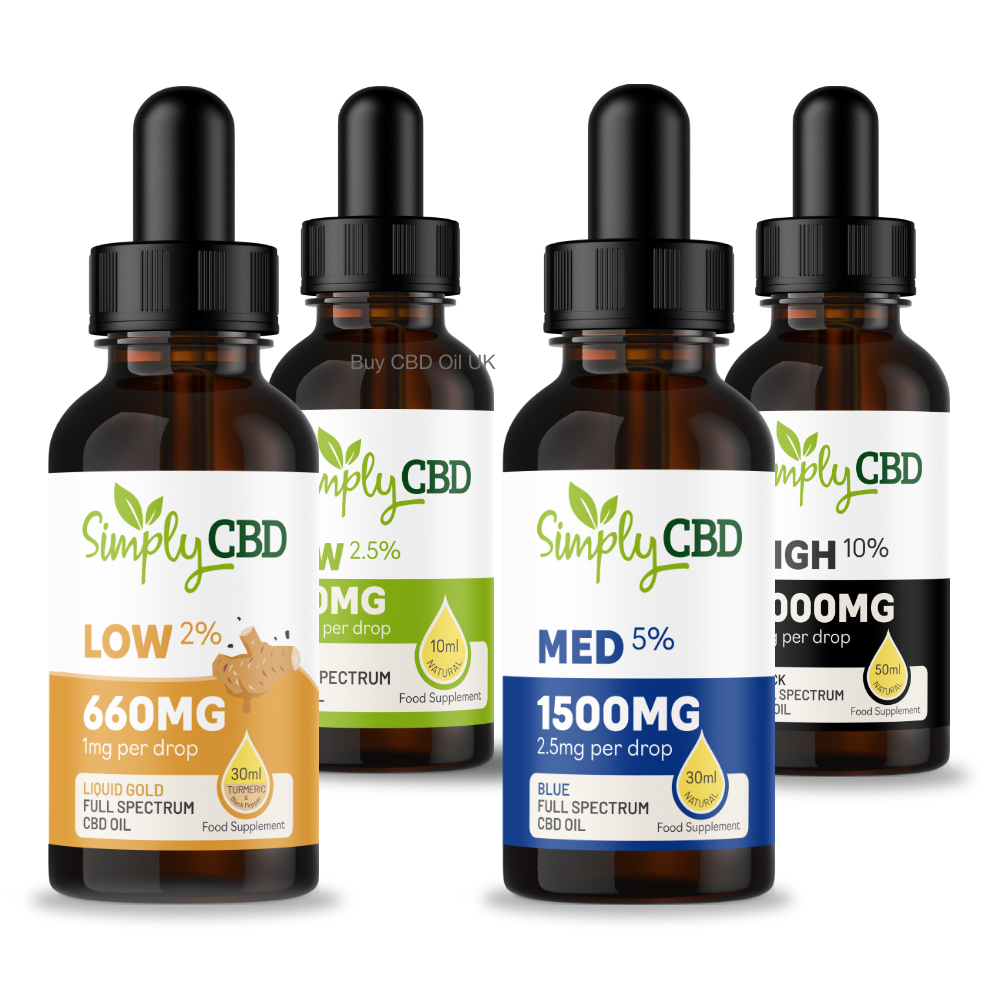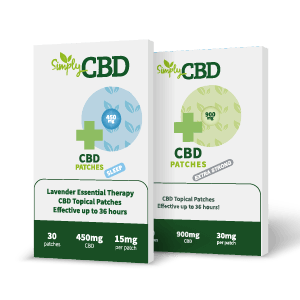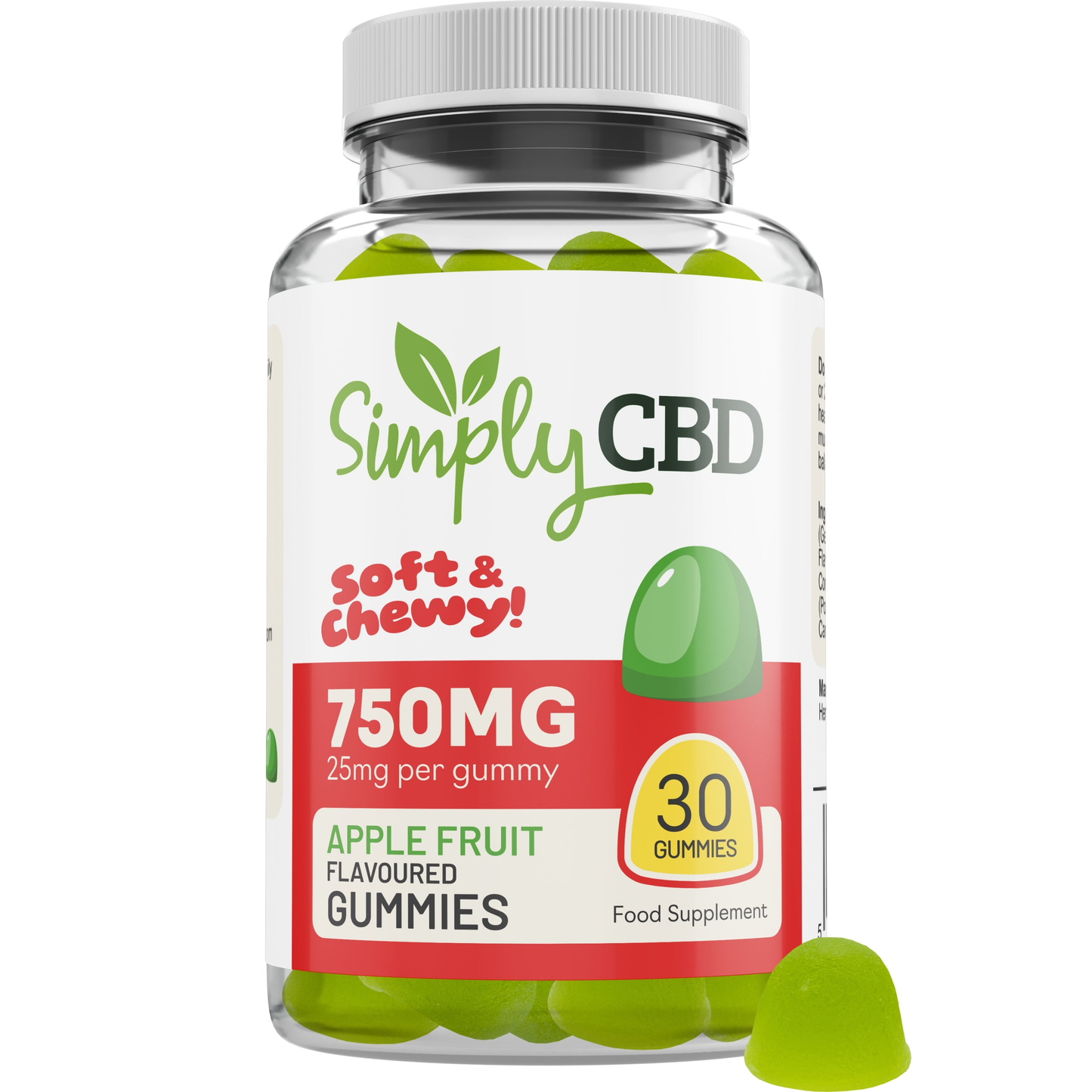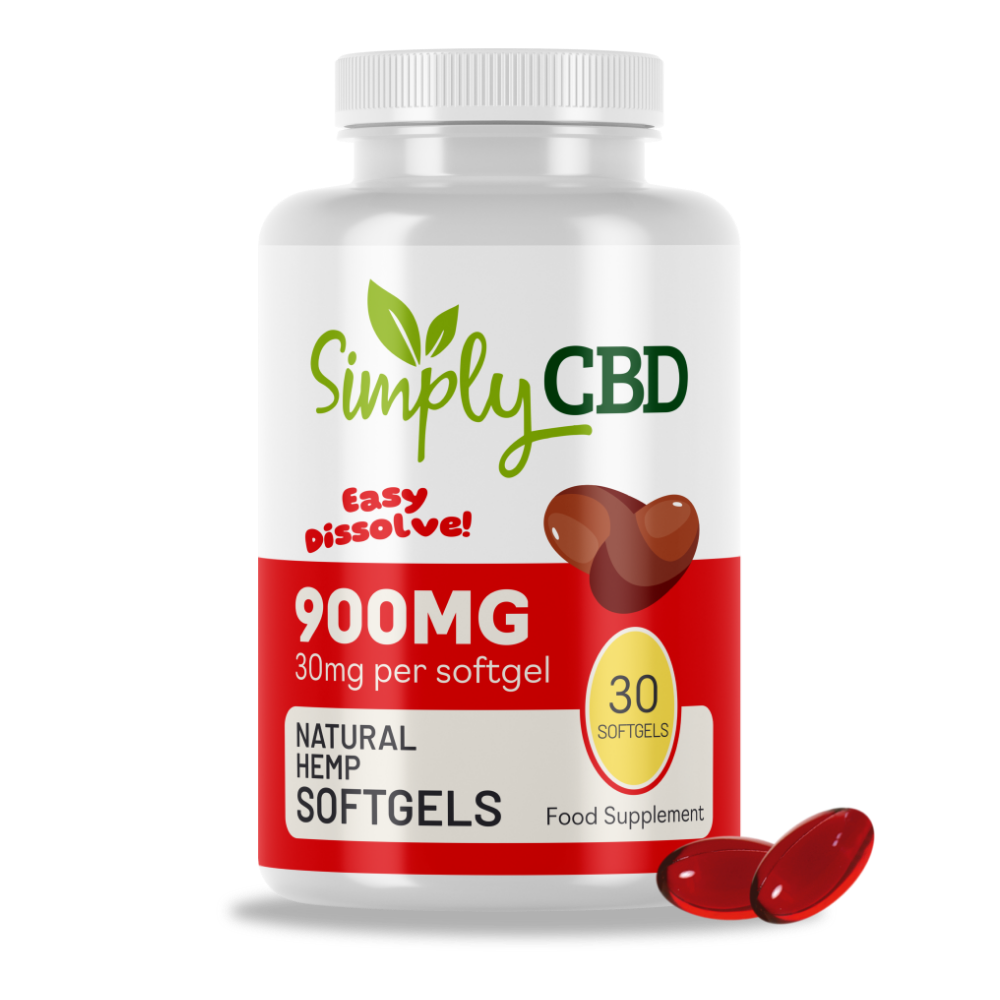
People who are just starting out with CBD are likely to come across the term ‘entourage effect’. This is one of the main concepts that’s worth understanding in the world of CBD. It separates the effects of different CBD profiles, which can help users decide what’s best for them. This article covers everything a CBD user needs to know about the entourage effect.
What is the entourage effect?
The entourage effect refers to the theory that cannabinoids and other plant compounds from the cannabis plant family are more effective when they work together than when they’re isolated. For instance, it helps to think of each cannabinoid and compound as a member of a large team. Logically, the team is able to be more effective and accomplish more when each member works together, in comparison to what one member would be able to accomplish on their own. The word ‘synergy’ is often used to describe this theory.
The concept of the entourage effect was first introduced in the late 1990s. A paper written by two scientists named Raphael Mechoulam and Shimon Ben-Shabat discusses what they described as the entourage effect. In their paper, they wrote that science has yet to establish the exact role of all compounds found in cannabis. However, they believe that the compounds work better together than in isolation. They also theroised that this effect may increase endocannabinoid activity in the body. The entourage effect is a theory that has not been unequivocally proven, and is still subject to scientific study.
One scientific example that backs up this theory is a medication called Marinol. This is a synthetic version of THC that was developed in the mid-1980s. Scientists were baffled that Marinol didn’t possess the same levels of benefits or results as THC found in cannabis. The reason for this was simple: Marinol does not contain any cannabis compounds. In short, Marinol only has limited benefit as it’s the synthetic equivalent of THC isolate. The same concept applies to CBD, CBG, CBN, and all other cannabinoids.
What role do cannabinoids play in the entourage effect?
There are over 100 cannabinoids present in the hemp plant. When making CBD products, one, some, or all of these cannabinoids can be included. When some or all of the cannabinoids are present, each plays its own role in the entourage effect. While all cannabinoids contribute to this concept, the main six that are subject to scientific study are CBD, THC, CBN, CBG, CBC, and THCV. Other popular cannabinoids, such as CBDa and THCa, also play important roles in the entourage effect. These cannabinoids each present their own unique benefits and the inclusion of all of them makes for a more well rounded product.
As a contextual example, think of a person who wants to improve many different areas of their health with the help of vitamin supplements. In this scenario, they would likely choose a multivitamin over a singular vitamin, such as a vitamin C supplement. While vitamin C is still very important and effective on its own, the multivitamin has more to offer due to its complex profile of different vitamins and minerals. All of these vitamins and minerals provide their own benefits, in addition to the benefits of vitamin C. This is a similar concept to the differences between CBD profiles. CBD products that don’t produce the entourage effect are still effective. However, those that can produce the entourage effect can provide more well rounded results.
What roles to terpenes and flavonoids play in the entourage effect?
Terpenes and flavonoids are two types of plant compounds that are present in many plants, fruits, and vegetables throughout the natural world.
Terpenes
Terpenes are responsible for the fragrance and taste of numerous plant species, including the hemp plant. It has been theorised that terpenes play important roles in the entourage effect. For example, some types of terpenes are believed to contribute to the dilation of blood vessels. This alows cannabinoids to more easily enter and travel throughout the bloodstream. Once in the bloodstream, cannabinoids can interact with the endocannabinoid system. This is the system in the body that allows cannabinoids to provide beneficial effects. Some studies also suggest that terpenes may interact with and even bind to endocannabinoid receptors.
Flavonoids
Flavonoids are responsible for the colour and pigment of many plants, fruits, and vegetables, including the hemp plant. They are also packed with antioxidants, which can fight free radicals, protect against chronic illnesses, and improve overall health. In fact, flavonoids are responsible for the natural health benefits of numerous fruits and vegetables. There are also flavonoids that are exclusive to the hemp plant, called cannaflavins. Flavonoids contribute to the entourage effect as they are thought to bind to CB1 and CB2 receptors. These are the two main receptors in the endocannabinoid system.
Which types of products can produce the entourage effect?
CBD users can choose between three different types of CBD profiles. These options are known as full spectrum CBD, broad spectrum CBD, and CBD isolate. Full spectrum CBD contains all of the cannabinoids and compounds found in the hemp plant. Broad spectrum CBD contains a range of cannabinoids and compounds, but is always free from THC. CBD isolate contains only CBD from the hemp plant, as all other cannabinoids and compounds are removed during the extraction process.

Full spectrum products can produce the purest version of the entourage effect, as they allow all of the plant compounds to work together naturally. Broad spectrum products are thought to produce a slightly less potent version of the entourage effect. This is because while they allow various compounds to work together, the exclusion of THC means the entourage effect can not be fully realised. As mentioned above, THC and a variation of it called THCV are major players in this concept. As there is only CBD present in CBD isolate products, they cannot produce the entourage effect to any degree.
What products does Simply CBD offer that can produce the entourage effect?
At Simply CBD, we provide a wide range of full spectrum products that can produce the entourage effect. Most of our CBD oils are full spectrum, from our Liquid Gold CBD Oil (2%) all the way up to our Platinum CBD Oil (20%). However, we also offer our Pure CBD Oil in various strengths for those who prefer CBD isolate products. This product cannot produce the entourage effect. In addition to traditional oils, we also offer full spectrum water soluble CBD in two different strengths; 3.2% and 4.4%. For those who prefer tablets, both strengths of our Delayed Release CBD Capsules (7.5mg and 15mg) are full spectrum.
Our CBD vape liquid products are all broad spectrum. This means that while they may not produce the full entourage effect, they still allow different cannabinoids and compounds to work together. If users combine an isolate product (such as our patches) with a full spectrum product, they will still feel the entourage effect. The only time it won’t occur at all is when people only use CBD isolate products.
Is CBD still effective without the entourage effect?
CBD, which is short for cannabidiol, is the subject of intense scientific research due to its potential benefits. This, paired with the fact that people find great success with CBD isolate products, shows that CBD can be effective on its own. It has its own unique range of benefits and interacts with the endocannabinoid system independently of other cannabinoids and compounds. Therefore, the effects of CBD are not diminished in a CBD isolate product. Full and broad spectrum CBD products simply add to the already impressive effects of CBD by including the effects of other cannabinoids and compounds.
Key takeaways
Here are the key points to remember about the entourage effect:
- The entourage effect refers to the concept that cannabinoids and compounds from hemp are more effective together than in isolation.
- This is still a theory, and is subject to further scientific research.
- All of the cannabinoids and compounds in the hemp plant play their own roles in the entourage effect.
- Terpenes are thought to contribute to the entourage effect in various ways, including the dilation of blood vessels.
- Flavonoids provide antioxidants and may bind to both CB1 and CB2 receptors.
- Full spectrum products can produce the full entourage effect.
- Broad spectrum products can produce a slightly less potent version of the entourage effect.
- CBD isolate products cannot produce the entourage effect, but are still effective.
- At Simply CBD, we provide a wide range of full spectrum products, including oils, water soluble CBD, and delayed release capsules.



